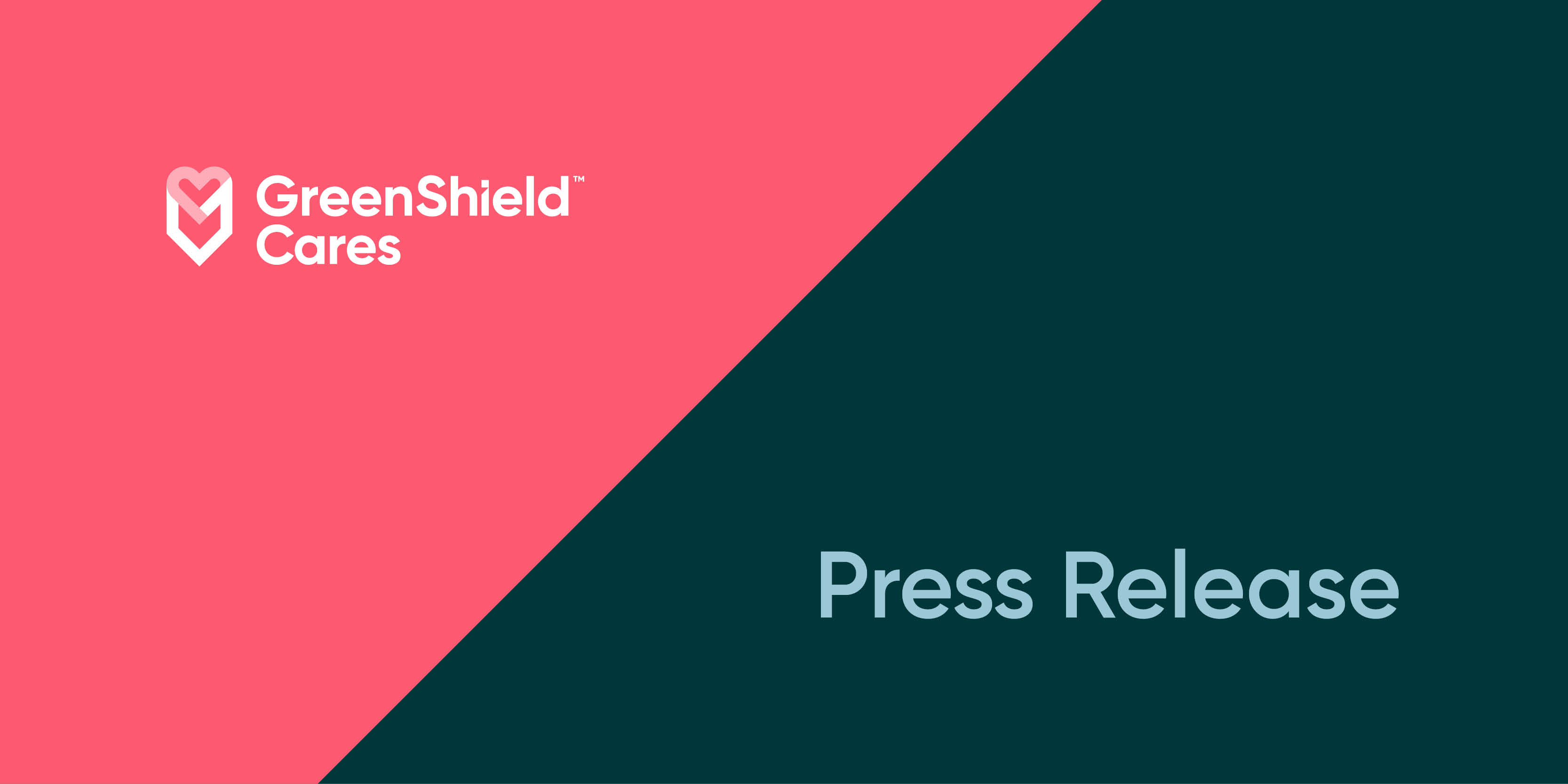New survey shows Canadian women, especially women from marginalized and/or racialized groups, aren’t spending enough time on their mental health.
It’s no secret women were disproportionately impacted by the pandemic. From job loss to demands in the home, their mental health took a tremendous toll. Beyond the intensified gender inequalities, women of marginalized and racialized groups were disproportionately impacted, which could have long term and far-reaching consequences. Three years later, things still haven’t improved.
A recent study by GreenShield, revealed that women think they should spend one hour a day on their mental health, yet spend only half. In fact, they spend nearly seven times more taking care of others and on household chores. The limited time for self-care is heightened among women who identify as part of a marginalized and racialized group, who spend 31 per cent less time on self-care activities than their peers.
The unique challenges facing women
- Women who immigrated to Canada spend 31 per cent less time on self-care activities and 15 per cent less time on their mental health than women who were born in Canada. Additionally, women who immigrated to Canada believe that the appropriate amount of time for people to spend on their mental health is 35 per cent less than what women born in Canada believe.
- Mothers spend 44 per cent more time taking care of others and doing household chores and spend 21 per cent less time on their mental health than women in general.
- Women with an annual income lower than $35,000 spend 23 per cent less time on their mental health than women who earn more.
- Women in the LGBTQ2S+ community are more conscious of mental health, spending 11 per cent more time on their mental health than women overall.
- Women in Atlantic Canada reported spending 21 per cent less time on their mental health than women in other regions.
Women surveyed agree they need to focus more on their mental health but there are varying and unique barriers that come with accessing support and resources. Which is why GreenShield Cares’ Women’s Mental Health program is offering complimentary mental health services including two free hours of talk therapy sessions, a one-year subscription to online coach-assisted therapy (iCBT), and access to a wellness hub ensuring women can find the support that’s right for them.
While this program supports all 18+ Canadians who identify as women, it was specifically designed to support women from marginalized or racialized groups, who are underserved due to mental health treatment gaps. The program’s personalized counselling matching tool includes over 50 matching options, including culture, race, language, and religion, to ensure women can find a mental health professional who shares and/or can relate to their identity and lived experiences. Intersectionality is at the forefront of the matching process, and the diversity of Canadians is reflected in the diversity of the program’s certified practitioners; hundreds of the program’s certified practitioners identify as a person of colour, Indigenous, or Black.
About the Study
Methodology: The study was conducted by SAGO through an online survey between April 21 and 23, 2023, on behalf of GreenShield, among a random selection of 820 women aged 18+ who live in Canada and who are members of the AskingCanadians community.
Quotas and weighting were employed to ensure that the sample’s composition reflects that of the Canadian population according to census data on education, age, gender, and region (and in Quebec, language). For comparison purposes, a probability sample of this size has an estimated margin of error (which measures sampling variability) of +/- 2.5%, 19 times out of 20. Respondents could respond in either English or French and the median time for completion was 2.41 minutes. Discrepancies in or between totals when compared to the data tables are due to rounding. Excerpts from this release of findings should be properly attributed, with interpretation subject to clarification or correction.
SAGO is the global research and data partner that connects human answers to business questions. Combining a legacy of impact, global reach, and innovative spirit, Sago enables clients to solve business problems through extensive audience access and an adaptive range of qualitative and quantitative solutions.
Disclaimer
This article contains guidelines or advice not intended to self-diagnose or treat. No content should be used as a substitute for direct advice from a qualified professional such as your doctor or mental health professional. Please reach out for support from a certified professional related to the symptoms you may be experiencing.
If you are in crisis and require immediate support, call 911 or go to your nearest emergency room. Alternately, please contact the Canada Suicide Prevention Service at 1 833 456-4566 (24/7). For residents of Québec, call 1 866 APPELLE (1 866 277-3553).



